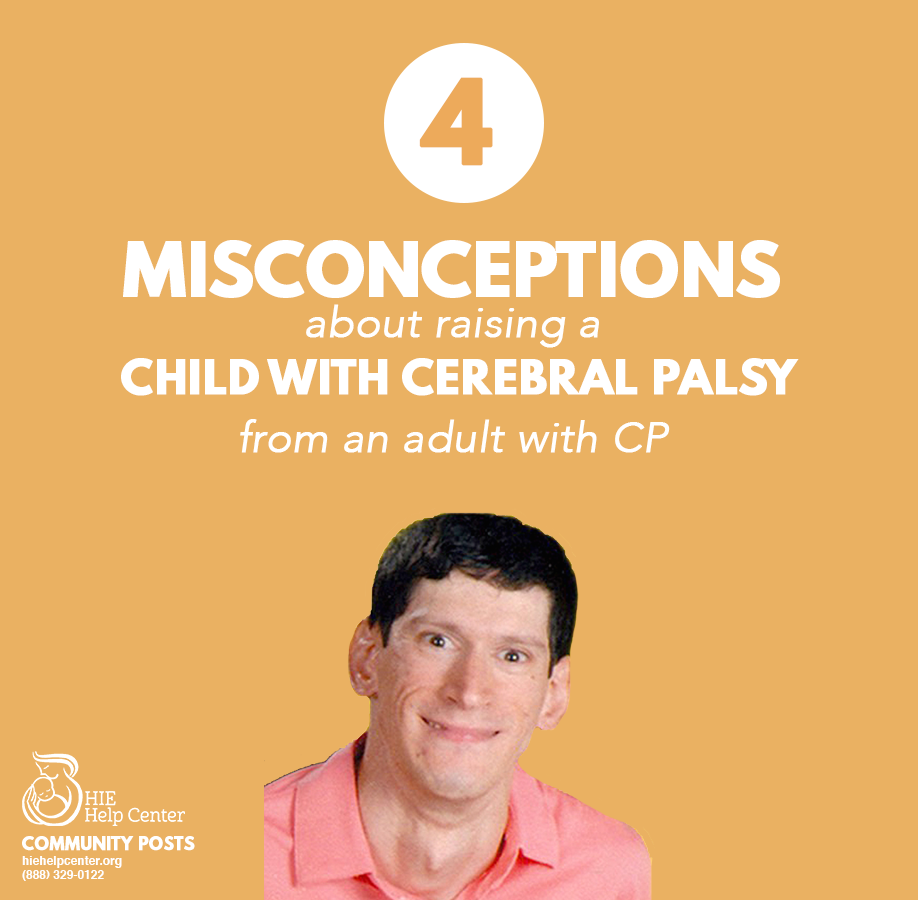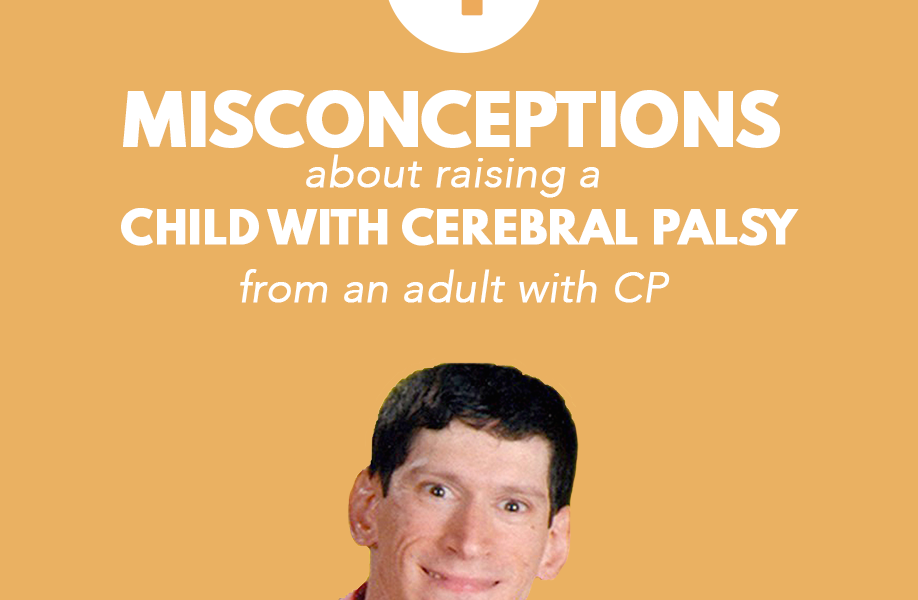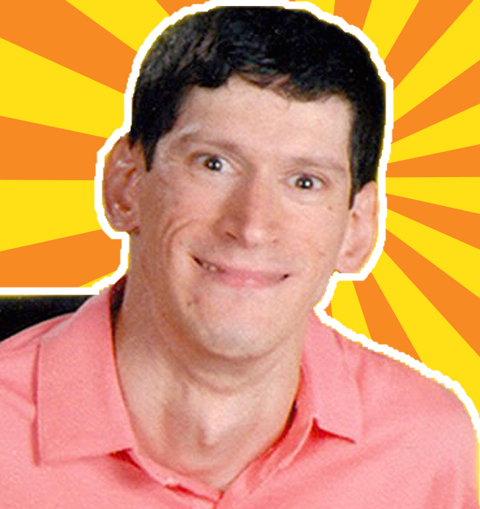Raising a child with cerebral palsy can feel difficult, but it’s not impossible. When searching for answers, parents find there are a number of misconceptions surrounding life with cerebral palsy. With that being said, cerebral palsy is so widely different from child to child, so what I say here might affect your child but not other children. The misconceptions that I will talk about will be the norm.
Misconception #1: My child will not have a normal life.
What is normal? Does every child have the same parents? No, they don’t, so they experience different things while growing up. We all have different childhood experiences; your child will have a unique life as well. Will cerebral palsy affect your child’s life? Yes, absolutely, but it doesn’t define your child. I have athetoid cerebral palsy and am nonverbal, so I can’t do much on my own, but I have experienced a lot during my life, including college life and the corporate world for fourteen years. Your child may not experience these things, but they might experience something that I will never experience.
Misconception #2: My child will not do well in school.
This statement burns me to pieces because, in the 70s, the experts told my parents that kids with cerebral palsy have limited learning potential. Although this might be true for certain kids, it is not true for others. The length of time that your child had no oxygen at birth affects their brain. For me, the part of the brain that is for learning was not damaged. The experts put me in a program where I didn’t learn, so my mom fought for my education. When I went into a different program, I did really well in school.
Please fight for your child’s potential, because they have the right to get a proper education. If you see a delay in your child, please do not give up on them. If they will never go to college, it doesn’t mean that it is the end of living; rather, please help them explore what they can do. You can give your child a fruitful life.
Misconception #3: My child will never get married.
Although many people with disabilities don’t get married, you cannot say never. I personally know several people with cerebral palsy who are married. Isn’t it hard to find a person who looks beyond the cerebral palsy? Of course it is, and that is why I am still single. I am not giving up on finding a girlfriend.
Misconception #4: They will never have a good job when they grow up.
In my experience, it takes a lot of hard work. When I was in my last semester of college, I had over 100 interviews and zero second interviews. It took a person who gave my resume to the head of the department and worked its way down to the managers. When I was hired, I worked very hard to keep my job. In 2009, I lost my job due to the economy. I am not saying it is impossible to find a job, but it takes a lot of hard work and the drive to find a job. I knew that I wanted to be a programmer analyst while I was still in high school, so I knew what I wanted to major in during college. If you help your teenager to find a career that they enjoy and can do, that will help a lot.
Your Child Is Unique
I think people with cerebral palsy have a very wide range of abilities, so it is not easy to say what your child will do. I do know one thing, and that is you are an expert on your child. If the experts tell you something that you don’t feel is true, keep searching for someone who is on your side. Your child deserves it. My mom was called every name in the book but never stopped fighting until she received what she wanted. You have to do the same for your child.
About the Author
My name is Christopher Lenart. I have a weekly newsletter, in which I give you encouragement to get through the week. The newsletters are short but powerful. If you want to receive it, please visit me here and sign up for the email newsletter.




Leave a Reply
You must be logged in to post a comment.